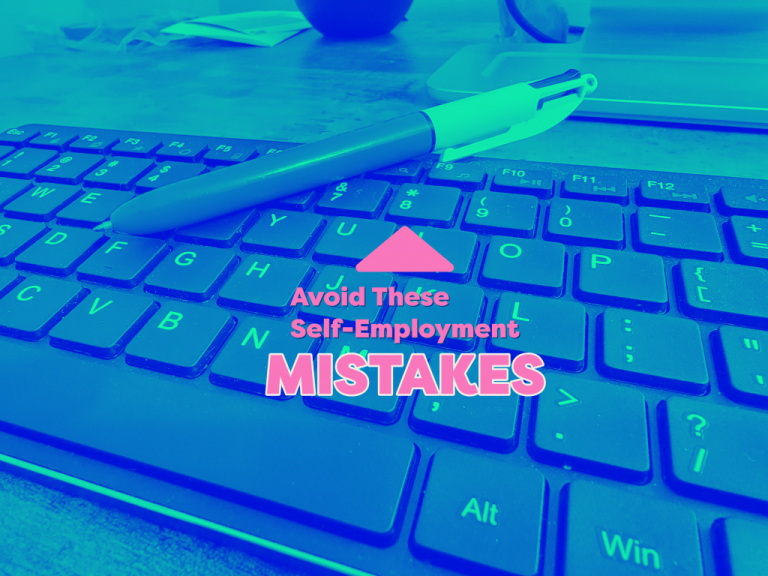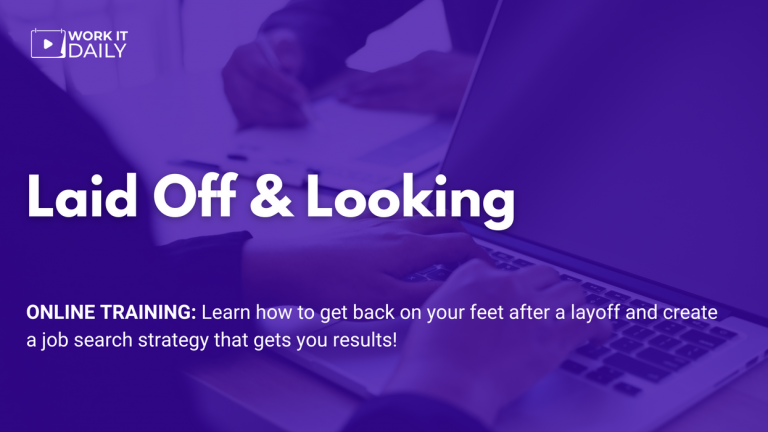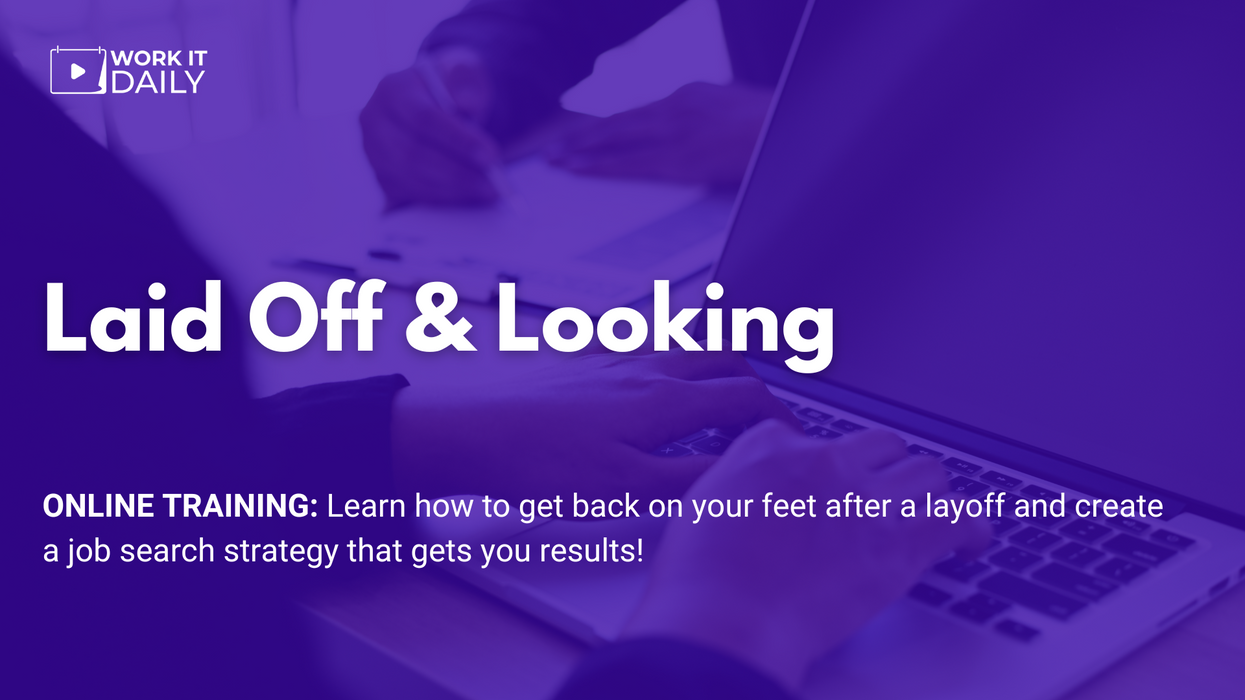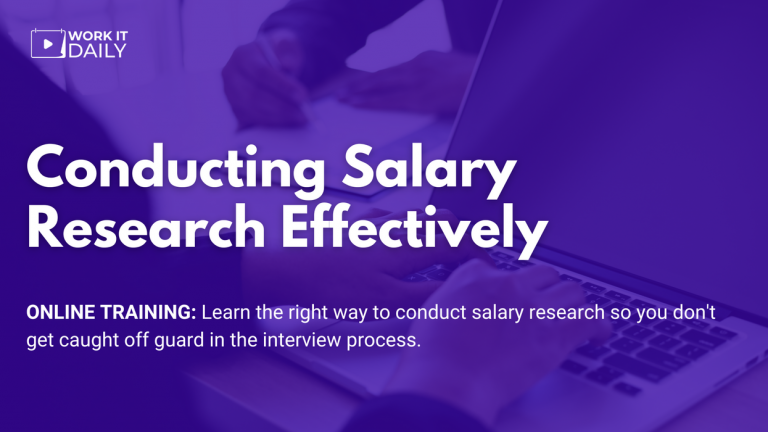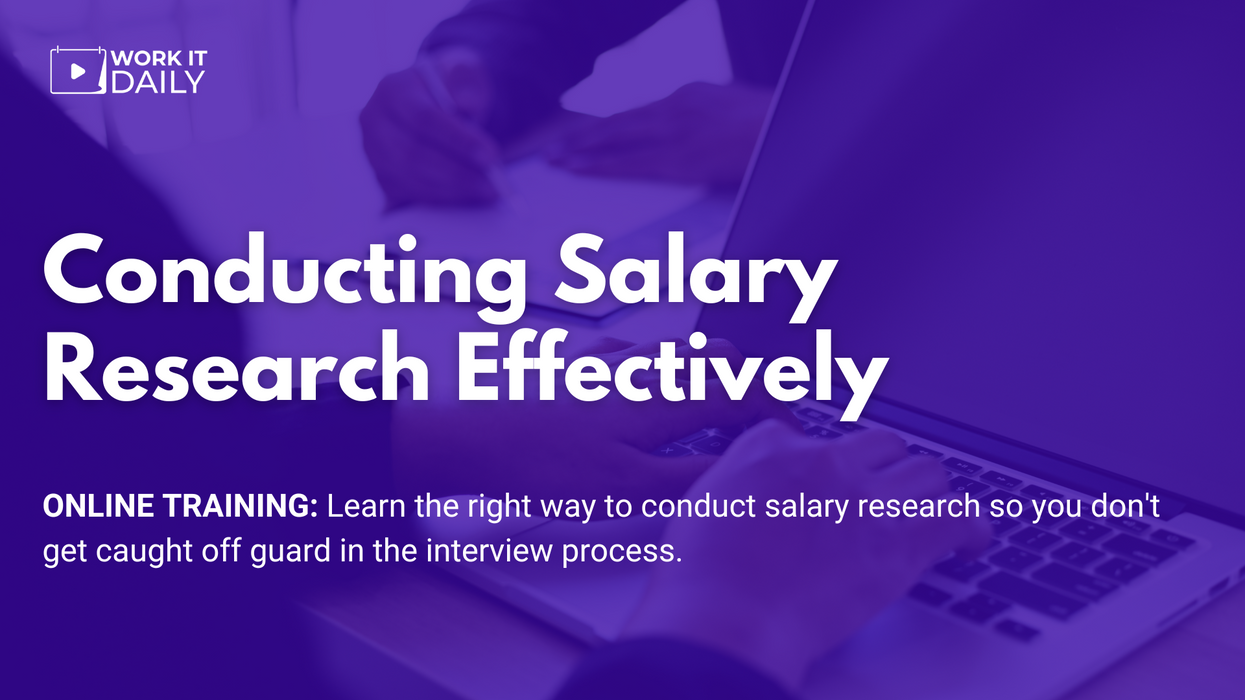
How can you make an effective resume after getting fired? People get fired from their job for various reasons. However, to a potential new employer, it may leave an unfavorable connotation on the candidate.
If you find yourself in such a situation, you may have a number of questions concerning how to address the adverse reactions you may receive from a potential employer. You may have questions such as:
- How do I impress an employer given I was fired from my last job?
- Do I include the job on my resume?
- How should I answer when asked the reason for departing my previous job?
Understandably, there are many questions on your mind. And yet, there are ways to be truthful in answering the questions your potential new employer may have for you, along with tips to make such a situation feel a little less threatening. Essentially, before updating your resume for the next job opportunity, think about:
Is The Experience From Your Last Position Relevant?
If there is little to no relevance between the positions, you do not have to showcase it on your resume. The hiring company is primarily interested in relevant experience and skills you can bring to their company. You might be able to break your resume into “Relevant Experience” and “Additional Experience” sections.
How Long Were You In The Position?
If you were in the position for only a few months, it may not be necessary to mention it on your resume. Determine if the employment gap, should you choose not to include it, would be cause for concern by an employer. In today’s market, it’s not a surprise to see some candidates unemployed for a year before finding a new job.
How Severe Was The Cause For Firing?
Were you laid off or fired due to lack of performance or conditions outside of your control? If the latter, then you should put on the resume the reason such as âMajor Downsizing,” âCompany Relocated,” or âManagement Reorganization,” all of which indicate that the termination was not due to your performance. If the reason you were terminated was due to a minor issue that can be easily explained and seen from your point of view by a potential employer, than including the position on your resume should not be a concern. Be honest with yourself and think through your response to a potential interviewer.
Your answers to the questions above will tell you whether it is appropriate to include the job on your resume. If it is included, consider the following to help you through the application and interview process.
1. Showcase Your Achievements And Accomplishments

Your mission is to get your foot in the door for an interview and to make an outstanding impression. You do not need to bring up that you were fired or laid off from your last job on paper, especially if you were only there for a year or two. Instead of focusing on how your previous job ended, quantify what you accomplished while you were employed there.
If necessary, you will have the opportunity during an interview to explain further details.
2. Don’t Insult Your Past Employer

Even if you were fired and have bitter feelings toward your former boss or co-workers, your resume is not the time nor the place to reveal it. It is seen as unprofessional and leads to questions that focus on negative aspects.
So, even if the interviewer wasn’t planning on asking you the reason for leaving, you may have just brought it upon yourself by insulting your past employer or hinting at a conflict there on your resume.
3. Don’t Lie About Your Employment

You should never lie on your resume. Don’t fabricate anything on your resume or your reason for looking for a new job. If asked about this during an interview, you need to address the question truthfully, but keep it brief regarding the reason for your departure and move on to more positive points. At least you now have your foot in the door and have a greater advantage of explaining the reason for departure in a more positive light.
You can also use it to your advantage to reinforce points of achievements and accomplishments that may apply to the job. Remember that companies do check references and background information. Any candidate caught lying is grounds for dismissal.
4. Pull Together Your References

Gather people you worked with on the job as references, whether it’s co-workers, clients, or vendors. Individuals who worked with you on the job and who can speak positively about your work can help effectively rid any negative connotations associated with being fired.
In this instance, it makes sense to include references with your resume, especially written recommendations.
5. Focus On Functionality Rather Than Chronology
This is a last resort option. Functional resumes typically are not used since it lacks detail on dates of employmentâinformation most employers want to know.
A functional resume focuses on grouping specific skills and experiences together as the highlight of the resume. This type of format might also work for the career changer and those with gaps in employment history that are due to other pursuits, such as education or family.
This is the last resort, though. We recommend using a chronological resume format, even if you got fired. But it might be worth it to try a functional resume format if the chronological format isn’t working for you.
Being fired means you have an additional hurdle to overcome to find a new job, but it is not insurmountable. It’s all in the way you frame it on your resume and handle yourself in addressing the matter if the subject comes up. Remain positive, address any concerns succinctly and honestly, and then move on to the more positive highlights.
Need more help with your job search?
We’d love it if you signed up for Work It Daily’s Power Hour Event Subscription! Get your career questions answered in our next live event!
This article was originally published at an earlier date.

